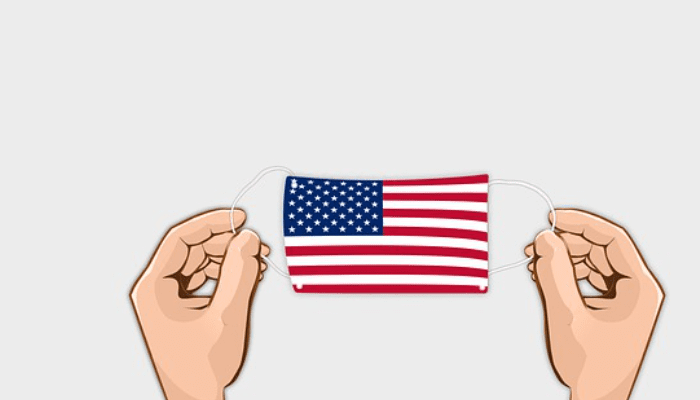In the coming days the U.S. government is set to pass the Covid Relief Bill, a wide-spread, multi-faceted coronavirus relief program worth $1,9 trillion. Here’s the latest on the most recent developments in the Covid Relief Bill.
The U.S. government has recently announced a two week deadline in which time they plan to pass the new Covid Relief Bill. This set in motion a series of events in the days that followed that saw President Joe Biden’s $1.9 trillion rescue package get through the Democratic-held Senate with a simple majority vote requiring no Republican votes, also stating that the specifics of the bill would soon follow. The Budget Resolution, which was passed in the Senate, has already begun directing committees to write legislation which would reflect the envisioned elements of the Covid Relief Bill while staying within the $1.9 trillion budget.
What is currently happening with Covid Relief Bill?
The Budget Resolution directs committees of each chamber to write detailed legislative texts, keeping in mind the resolution’s reconciliation instructions, which will all be brought together to form a relief package along with what President Joe Biden has already proposed.
Thus far this much has been made clear: they aim to pass, among other provisions, a $400 per week jobless benefit through September, $1,400 direct payments, state, local and tribal government relief worth $350 billion, $170 billion toward K-12 schools and higher institutions, the establishment of a $30 billion rent and utility assistance fund, as well as a $20 billion national Covid vacation program and $50 billion allocated specifically towards virus testing.
Several amendments have been made to the Bill thus far, of the amendments that were considered, the majority that were passed were in support of restaurants and bars while several more were aimed at limiting high-income households from receiving the $1,400 stimulus grants.The remaining also amendments highlighted various aspects of the Covid Relief Bill that are still unclear, however committees already drafting legislation that will clear up any looming uncertainty surrounding the Bill.
What are the next steps?
The Budget Committee is expected to receive each committee’s legislation by February 16 in preparation to take the Covid Relief Bill further and finalize any pending amendments to the newly formed legislation. The goal is to have the final Bill approved by March 14, which is exactly around the time additional unemployment assistance and pandemic aids measures will be expiring. Money for virus testing and vaccine distribution, direct payments of multi-member households, the reopening of schools and business aid for small-to-medium size businesses are all in jeopardy if the Covid Relief Bill is not approved and implemented according to schedule.
What about other Covid relief benefits?
Aside from the Covid Relief Bill, the U.S. government’s response to the coronavirus pandemic included a whole host of government benefits, grants and loans that citizens, businesses and organizations can apply for.
The latest information of on the Covid Relief Bill, as well as other health and safety benefits can all be found on the U.S. Government Response to Coronavirus webpage, including information about short-term disabilities benefits to help older adults as well as disabled people, guidance for Army members and their families, advice for volunteer and outreach programs, as well as information on various other health and safety concerns. The site also contains various links to information directly from federal agencies on how they intend to respond to the coronavirus pandemic.
Where do we go from here?
The Covid Relief Bill is multi-faceted and is expected to simultaneously boost the economy, by means of direct payments and the $400-a-week federal unemployment insurance program, as well as provide the health industry with the necessary equipment and financial support to roll out wide-spread vaccination programs, virus testing and contact tracing, as well as provide supplies and protective equipment for healthcare workers.
The Covid Relief Bill is expected to be approved by March 14 and will most likely be implemented shortly thereafter; yet even if everything goes according to schedule, what the Bill aims to accomplish cannot immediately be measured, that remains to be seen in the months ahead.



































